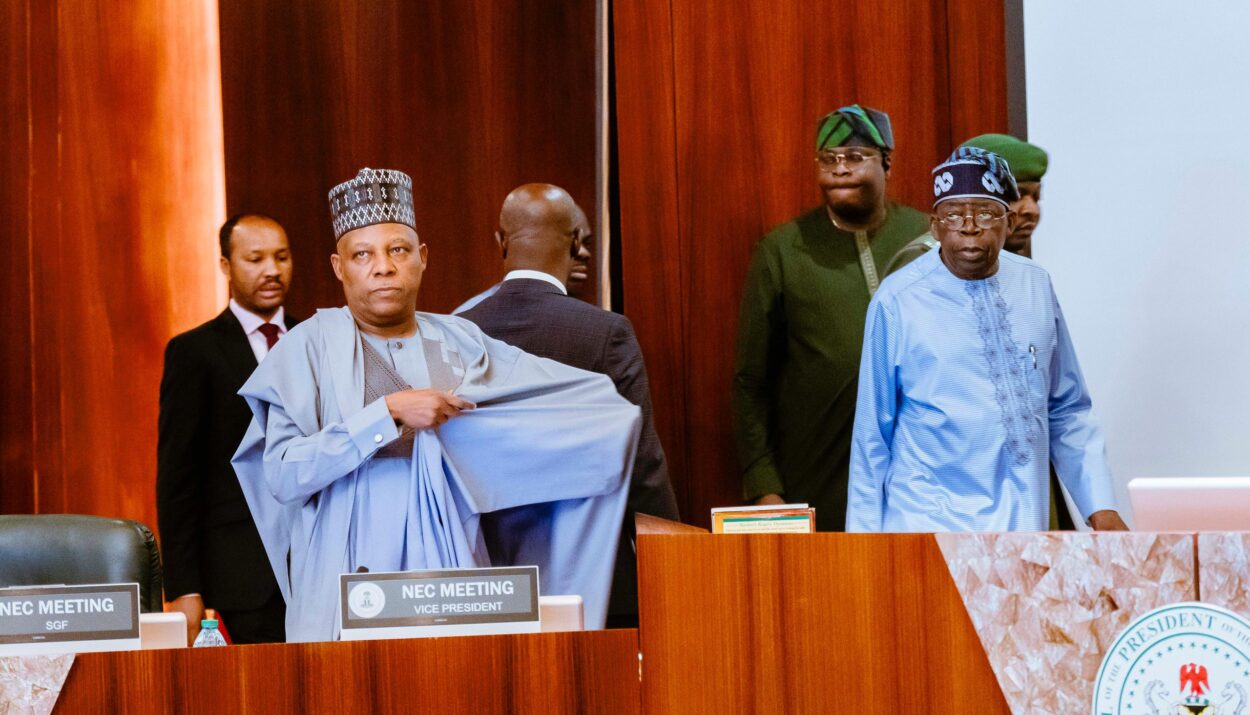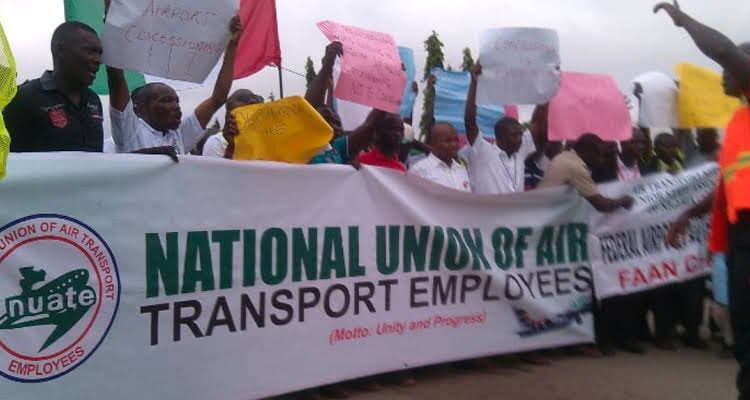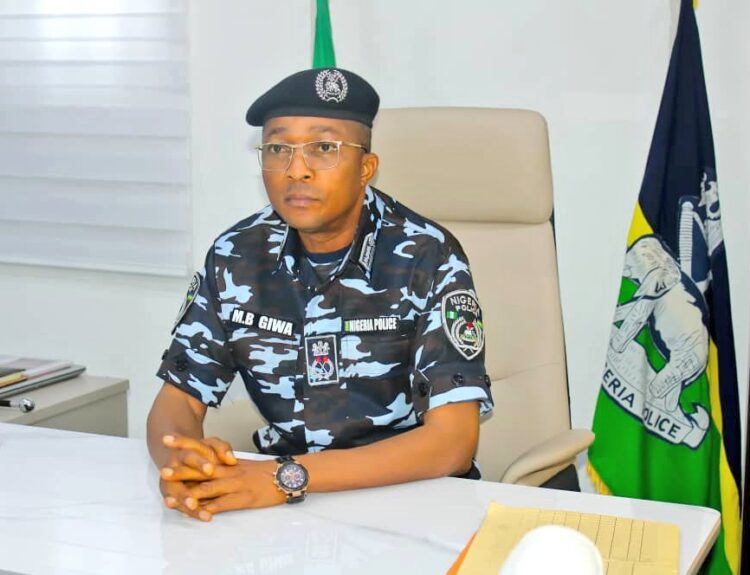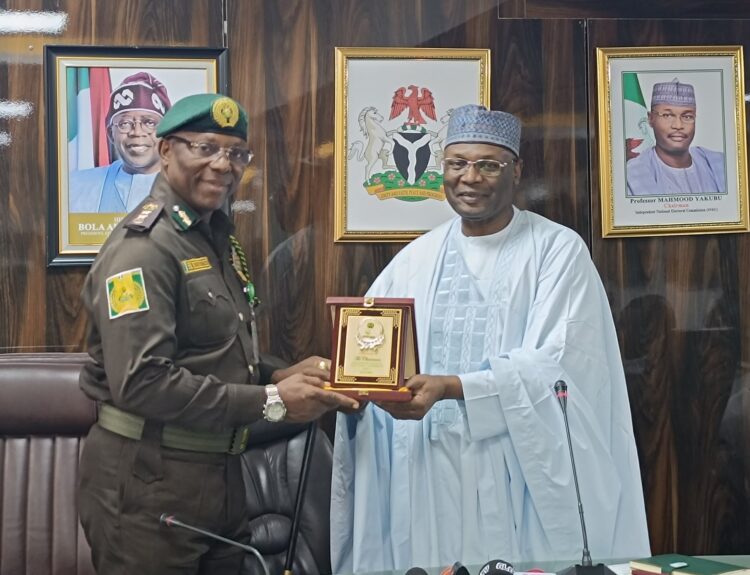— NEC endorses ward-based strategy for grassroots development
— President sets up national steering committee, moves Surveyor-General’s office to presidency
ABUJA — President Bola Ahmed Tinubu has called on state governors to intensify investments in the welfare of Nigerians by prioritising rural electrification, agricultural mechanisation, poverty eradication, and critical infrastructure.
Click Here to Join Our Whatsapp Channel
Speaking on Monday during the 150th meeting of the National Economic Council (NEC) at the State House, Abuja, the president stressed the need for joint efforts across all tiers of government to uplift rural communities and drive national growth.
“I want to appeal to you; let us change the story of our people in the rural areas,” President Tinubu urged. “The economy is working. We are on the path of recovery, but we need to stimulate growth in the rural areas.”
His remarks came after a presentation by the Minister of Budget and Economic Planning, Senator Abubakar Bagudu, on the newly proposed Renewed Hope Ward Development Programme (RHWDP) — a ward-based strategy aimed at accelerating social and economic development in all of Nigeria’s 8,809 administrative wards.
NEC backs grassroots programme targeting double-digit growth
The RHWDP, which received unanimous support from NEC members, is a key pillar of the Renewed Hope Agenda and targets a $1 trillion economy by 2030, requiring sustained growth at 15% per year, well above the current sub-4% rate.
According to Senator Bagudu, the programme will focus on engaging a minimum of 1,000 economically active individuals in each small ward and 2,000 in larger wards, with implementation overseen by a National Steering Committee composed of representatives from the six geopolitical zones.
The initiative also draws legal backing from the 1999 Constitution and the Fifth Alteration Act, which mandates government responsibility for food security and improved production methods.
The Ministry of Budget and Economic Planning will serve as the secretariat for the steering committee.
Tinubu moves Surveyor-General’s office to presidency
In a bid to fast-track the implementation of his administration’s legacy infrastructure projects, including the Lagos-Calabar and Sokoto-Badagry super highways, President Tinubu directed the transfer of the Office of the Surveyor-General of the Federation to the Presidency. The move is expected to eliminate bureaucratic delays and enhance direct supervision.
He also mandated NEC to form a committee dedicated to ensuring the timely delivery of these flagship projects.
NEC strengthens emergency response ahead of 2025 flood season
In a separate development, NEC directed the strengthening of State Emergency Management Agencies (SEMAs) nationwide and approved the release of special funds through the Federal Ministry of Finance for 2025 flood preparedness.
This followed a presentation by the Director General of the National Emergency Management Agency (NEMA), Mrs Zubaida Umar, who briefed the council on progress made since 2024, including the drafting of the National Disaster Risk Reduction Strategy and Action Plan (2024–2027) and efforts to validate a nationwide hazard risk analysis.
Preparedness steps taken this year include:
Activation of Emergency Operations Centres since May 29
Deployment of search and rescue equipment to high-risk states
Strengthening of SEMAs and formation of Local Emergency Management Committees
Communication of early flood warnings to states and local governments
NEMA also reported improvements in civil-military coordination for disaster response, in collaboration with the armed forces, police, NSCDC, and the Red Cross.
Challenges remain as states urged to act
Despite gains, NEMA flagged several persistent challenges including:
Weak drainage systems
Delayed data submission by states
Insecurity in flood-prone areas
Poor compliance with building codes and sanitation laws
Inactive local emergency committees in several states
The council urged state governments to prioritise environmental sanitation, enforce urban planning regulations, and fully activate their emergency response structures. Local governments and communities were also tasked with taking ownership of risk mitigation efforts and engaging in public awareness campaigns.
In conclusion, the Federal Ministry of Finance was directed to disburse funds to all 36 states, the FCT, and selected federal agencies to support this year’s flood preparedness measures.
Stanley Nkwocha
Senior Special Assistant to the President on
Media & Communications
(Office of The Vice President)
31st July, 2025






